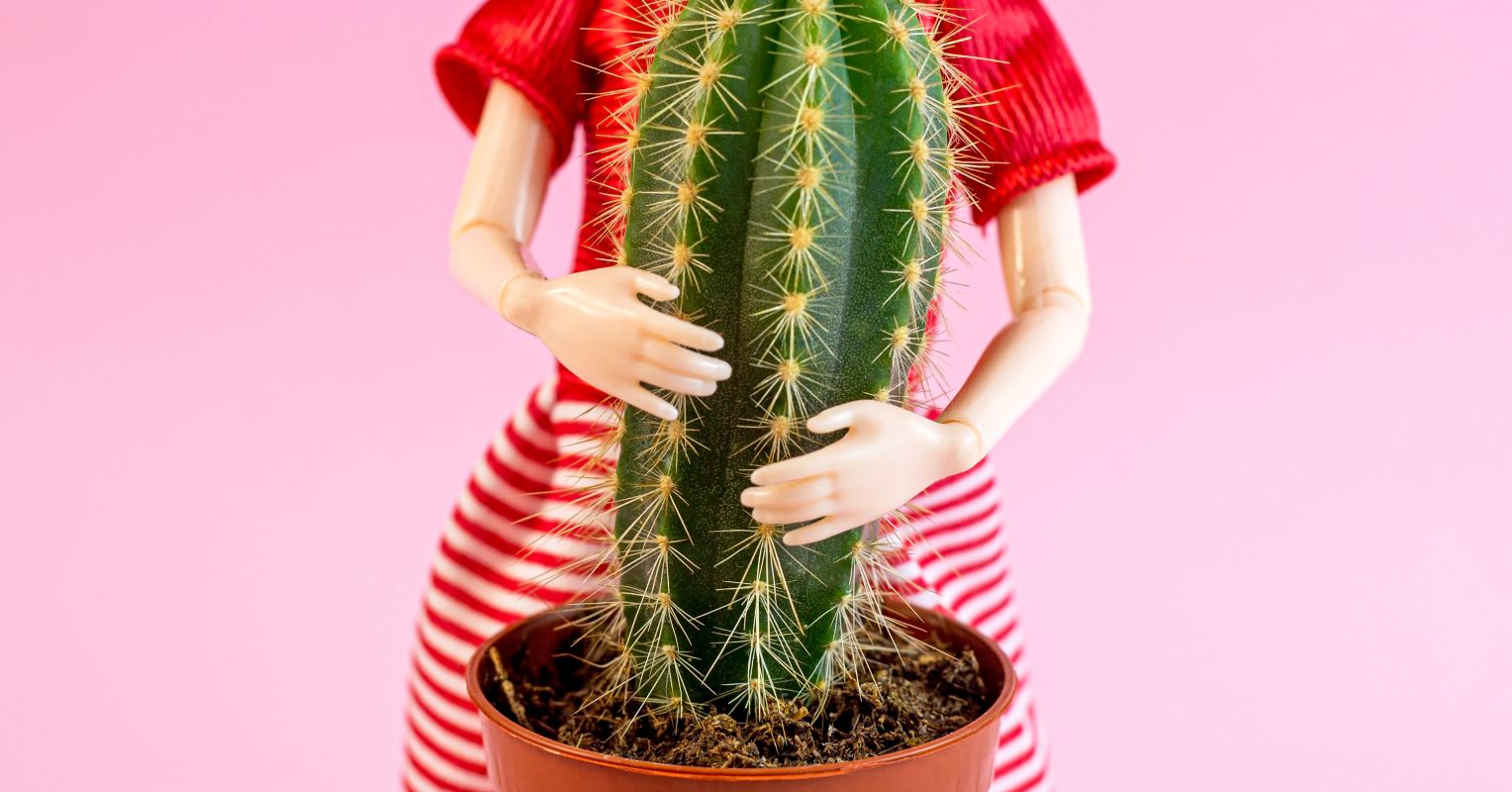
We’ve all heard it. It’s written into fairy tales, echoed in rom-coms, and even celebrated in wedding vows: “Love conquers all.” And if we believed every curated social media post simplifying the complexities of relationships, we might agree. But does it really?
I’m here to gently, but firmly, challenge this widely accepted myth. Because while love is exciting, beautiful, and, yes, powerful, it is usually not enough to carry the full weight of a healthy, lasting relationship.
In my work as a therapist and as someone who’s naturally observant (OK, maybe a little nosey), I’ve seen countless people uphold the belief that love alone can save, sustain, or justify staying in a relationship that no longer serves them. And while that belief can be romantic, it’s also misleading and sometimes even harmful.
Love Does Not Equal Relationship Health
Let’s start with the basics: You can love someone with all your heart and still know that you can’t stay in the relationship.
This can be one of the hardest truths to sit with. Loving someone can be a powerful motivator to make things work. However, love doesn’t magically erase dysfunction, trauma, or incompatibility. It doesn’t fix abuse, disrespect, manipulation, or chronic dishonesty. In fact, clinging to the “Love conquers all” ideal can sometimes keep people stuck in relationships that actively harm their self-esteem, well-being, and safety. I mean, Ricky may have loved Lucy, but at some point, Lucy had to choose between holding onto an unhealthy love or setting herself free.
And it’s not always extreme or obvious. Sometimes it’s subtle. It can look like the partner who never truly listens, who minimizes your needs, or who consistently puts themselves first. It can also resemble the relationship that’s full of passion but empty of respect. You may love them deeply and still feel unseen, unsafe, or unfulfilled.
What Really Conquers All?
Let me offer a reframed version of the phrase: Love for self conquers all.
Because here’s what’s true: When you know your worth, when you cultivate self-respect and learn how to set and maintain healthy boundaries, you’re much more likely to engage in relationships that nurture love instead of demanding that love do all the heavy lifting.
Love is one aspect of a healthy relationship. But it’s not the whole picture. You also need:
- Respect: mutual regard for one another’s dignity, values, and autonomy
- Trust: that both people are committed to honesty and accountability
- Communication: not just talking, but listening with intention and curiosity
- Shared values and goals: love grows stronger when it’s headed in the same direction
- Emotional safety: a space where both people can show up fully without fear of judgment or retaliation
Without these elements, love can start to feel more like a burden than a source of comfort.
Love With Limits Is Still Love
I often hear clients say, “But I love them. Doesn’t that mean something?” And the answer is: Of course it does! But love with limits is still love. Setting boundaries doesn’t mean you’re being cold or unloving. It means you’re honoring both your needs and the reality of the relationship. Setting boundaries can be a bid to strengthen your relationship.
Sometimes the most loving thing you can do is let go, not because you don’t care, but because you care enough about yourself to stop accepting what harms you. Sometimes love means choosing your peace over chaos, your growth over old patterns, your self-respect over settling.
A True Connection Starts With You
I believe in the importance of getting clear on your values, your own emotions, and the stories you tell yourself about what love “should” look like. Many of us grew up absorbing the myth that love is the fix-all. That if a relationship is hard, we must not be loving hard enough. But the truth is, healthy love shouldn’t feel like a fight for survival.
The more you build a solid foundation of self-worth and emotional clarity, the easier it becomes to recognize the difference between love and attachment. Between chemistry and compatibility. Between fantasy and reality.
Because while Love Island might make it seem like love can be recoupled with the appearance of a ‘bombshell” and rekindled during a messy challenge, real connection requires more than just a spark. Sometimes what we think is our “type on paper” isn’t what our emotional well-being actually needs. Love takes self-awareness, emotional safety, and someone who’s not just pulling you for a chat, but showing up with intention every day.
The Takeaway
Love is powerful. But let’s get real. It’s not all-powerful. If you’re navigating a relationship that feels hard, heavy, or harmful, pause and ask yourself:
- Is there mutual respect here?
- Do I feel emotionally safe?
- Am I staying true to my values and boundaries?
If the answer is no, or even an iffy “I’m not sure,” that’s your inner wisdom asking to be heard. Trust your gut.
So no, love doesn’t conquer all. But self-love just might. And when you lead with that, you open yourself up to relationships rooted in mutual care, growth, and genuine connection. Now, that is the kind that doesn’t just survive, but thrives.
